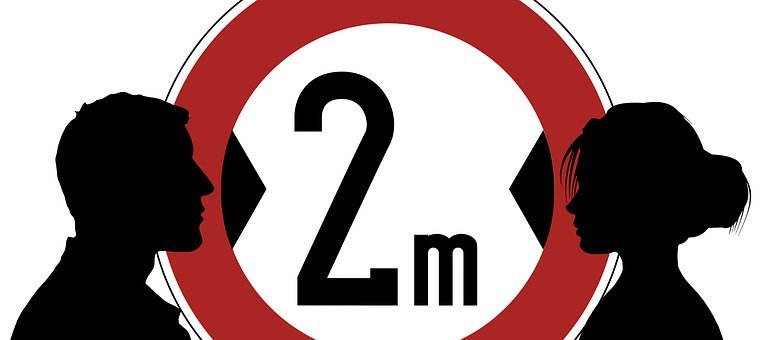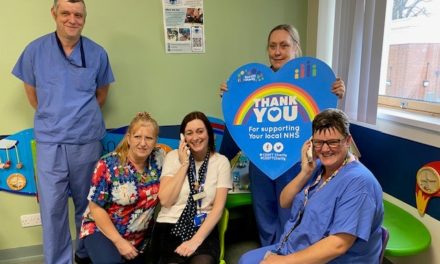Coronavirus testing has been made even easier and more accessible, the Health Secretary announced today.
Six new ‘walk through’ local testing sites are now offering appointments to people in England, with the capacity to test hundreds of people each day and are all easily accessible by foot or on a bike.
Three months since the first regional drive through test site was set up in Nottingham, there are now 68 such sites across the country, alongside six new walk-through sites in England, new mobile testing units, and special home test postboxes for safe and easy returns.
Free and accessible testing is a cornerstone of the new NHS Test and Trace service, which is working to stop the spread of coronavirus in local communities and to support the lifting of restrictions so people can see more of their friends and family, help businesses get back on their feet and get people back in jobs. The NHS Test and Trace service has identified 113,925 people as recent close contacts since the service began on 28 May 2020.
The new walk-through sites will bring testing to the heart of communities, by focusing on offering appointments to people without cars who can safely travel on foot, without coming into contact with others. These sites will continue to be expanded where there is demand from local communities and will provide a convenient option, close to where people live and work.
Home testing kits can now be returned without booking a courier service, allowing those choosing this testing option to post their testing kits at any of the 30,000 Royal Mail priority postboxes across the UK, which will all be marked by a regionalised NHS logo by 3rd July.
In addition to this, 30 additional mobile testing units are now travelling the UK, responding to increased regional demand for testing, and supporting hard to reach areas. Mobile testing enables temporary testing sites to be set up quickly to serve communities on a rolling basis and target specific demand. This brings the total of mobile units to 147, currently staffed by military personnel, in England, Scotland and Wales and by civilian staff in Northern Ireland. This number will further increase to 236 across the United Kingdom by the end of July.
Specialised translation services will soon be offered across a range of 68 drive-through testing sites, to support people who don’t speak English as their first language such as Urdu, Punjabi, Bengali, Gujarati, Mandarin, Polish, and British Sign Language for people with hearing difficulties.
The expansion of testing announced today supports the existing NHS/PHE infrastructure, which has more than doubled its testing capacity since the coronavirus pandemic began, and supports our commitment to expand local direction of national testing resources and move to a more locally owned and delivered testing model.
The Lighthouse labs were created at the same time existing NHSE/PHE lab capacity was expanded, which allowed NHS capacity to be reserved to test patients and NHS staff while testing eligibility was broadened out through the lighthouse labs. This has meant we have always had the ability to test patients and were able to widen tests to staff, key workers and eventually everyone.
Across the UK testing capacity has been expanded to more than 200,000 tests a day, meaning that anyone with symptoms can immediately book a test for free. Local Authorities in England will have greater autonomy to deliver different types of testing models which are suited to the needs of their population and local communities.
Anyone with symptoms of coronavirus – a high temperature, a new, continuous cough, or a loss or change to your sense of smell or taste – should book a test immediately.
In England, anyone testing positive will be contacted by NHS Test and Trace, to help them trace their recent contacts and further control the spread of the virus.











